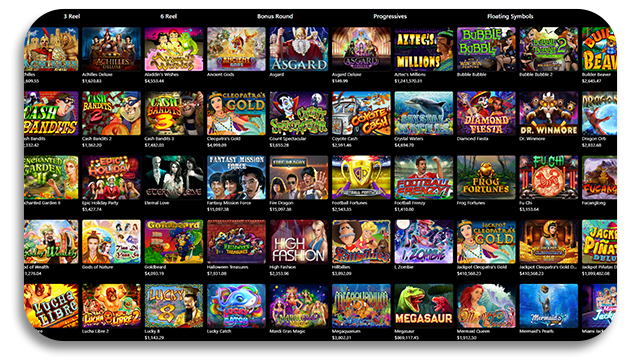India Considers 28% iGaming Tax Rate Increase
How Does a Potential Indian iGaming Tax Compare to the US?
Lawmakers in India have announced a plan for a tax rate increase in the gambling sector. Gaming companies’ revenues from players in horse racing, casino gaming, and online casinos will be affected. Shareholders are unhappy with the increase to 28% as they only currently pay a small percentage to offer services. Many warn that the change will have a devastating effect on operations.
Details of the Tax Rate Increase
The Goods and Service Tax Council oversees India’s Goods and Services Tax (GST). The Council recently announced that they have agreed to implement a 28% tax on the gambling industry. The tax will apply to chance-based games and skill-based games.
Shareholders oppose the change, criticizing the tax rate and vocalizing how it may impact the industry. The gambling sector currently brings in millions of investments to the country and is valued at around $1.5bn. According to operators, the amount earned would drastically change if a higher tax is imposed.
A tax increase could result in job losses, a decrease in investment, and push players to the black market. CEO of The All India Gaming Federation, Roland Landers, stated that the decision by the Council is ‘unconstitutional, irrational, and egregious.’
It has yet to be revealed if the Council will make any changes after the industry has spoken out about the gaming tax.
Comparing the New Tax Rate to US iGaming States
With India set to add a huge increase to its tax rate, we thought it would be interesting to compare the tax rates in New Jersey, Michigan, Pennsylvania, and West Virginia. These states have varying tax rates set for operators, with low to high percentages in place. Each state is responsible for setting up the tax rate that operators pay for iGaming services.
In New Jersey, the tax rate is 17.5% on online gaming services. Michigan has a ranging tax rate of 20-28%. Operators that earn less than $4 million will pay 20%. Operators with over $12 million in earnings will pay 28%. West Virginia casinos are taxed a bit lower at 15%.
When it comes to Pennsylvania, the tax rate is very different. Table games and slots are taxed separately. Table games have a 16% rate, which is like the above states. It’s the slot game tax that is vastly higher. Operators must pay the state 54% of their earnings from slot games. This matches the retail payment amount.
One would think the higher tax rate would stop online operators from offering slots, but it doesn’t. Perhaps it’s because the operators are already used to the higher rate or just want to be involved in the industry. Either way, slots are big business and, already this year, have generated over $634 million in earnings in Pennsylvania.
Will the 28% Rate Work in India?
Comparing the totals in the US and India does reveal that a 28% rate could work. Of course, operators would rather not pay more, so they will try to get lawmakers to decrease the amount. Pennsylvania is a strong indicator of how a higher rate can still work within a market; however, it makes sense that some companies in India might not want to invest due to the higher rate.
Operators are concerned that players won’t want to access services in India due to the higher rate and will make a switch to offshore providers. This could happen essentially, but we won’t know until the tax rate is in effect, and we see how players react.
Those against the change call for startup founders to enter the world of politics and provide representation, so the industry will not be negatively affected. Co-founder of BharatPe and former Shark Tank India judge, Ashneer Grover, tweeted that the move may harm online gaming and other sectors when it comes to startups.
Grover pointed out that billions are coming to the country from foreign investors as a foreign direct investment and the same investors will now apply a regulatory risk discount, which will cause funds to dry up in the country.
We shall see in the coming days if lawmakers decide to go through with the tax or make changes due to the outcry from investors and operators.
More casino News

It’s that time of year again when the pink and red balloons, roses, and chocolates are seen everywhere you go! Valentine’s Day is upon us. For gamers, that means it’s...
read more
In 2023, Maryland Senator Ron Watson introduced SB267 in an attempt to legalize online casinos in the state. The effort failed to move forward, and Watson is back at it...
read more
By March 1st, 2024 online casino gaming will be live in a seventh US state. Rhode Island is ready to start offering services in two months, with the state’s only...
read moreFrom The casino Blog
The best blackjack casinos go to great lengths to draw in players. Many mega-casinos resemble more of a resort atmosphere than a casino, which is what the casinos are after....
read more
Casino games are a lot of fun, but sometimes you need a break from normal card games and slot machines. One of the best ways to shake things up is...
read more
States that don’t allow gambling are dwindling as the gambling movement is gaining traction across much of the United States. However, many states are still working on legislation to allow...
read more
